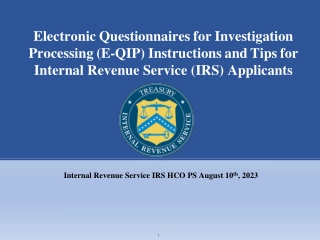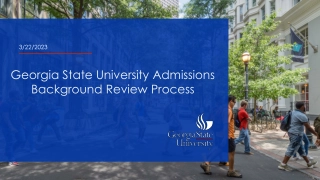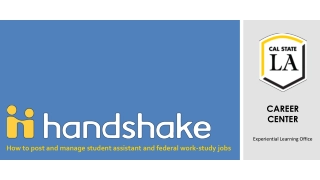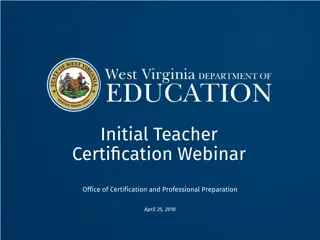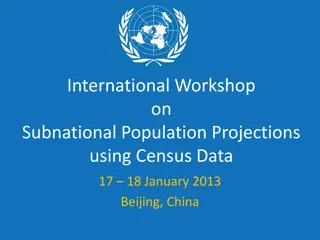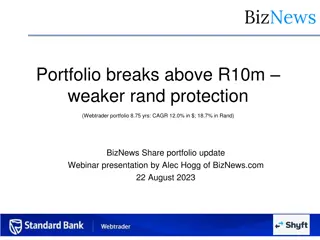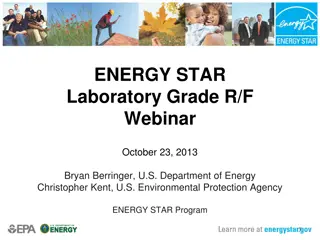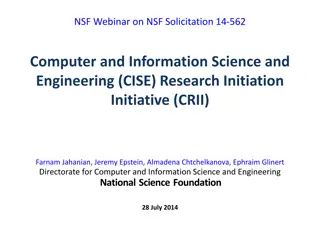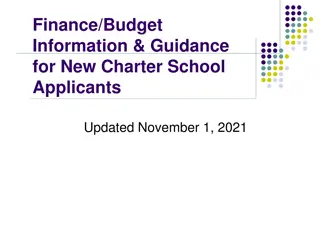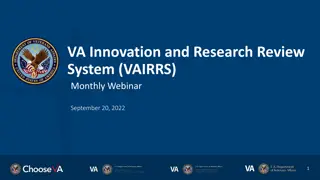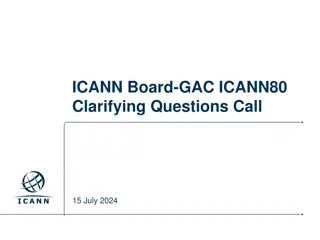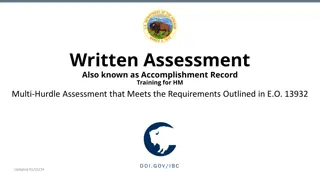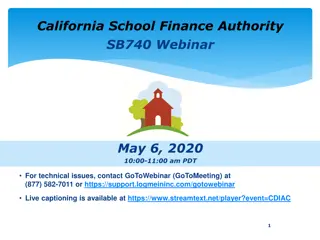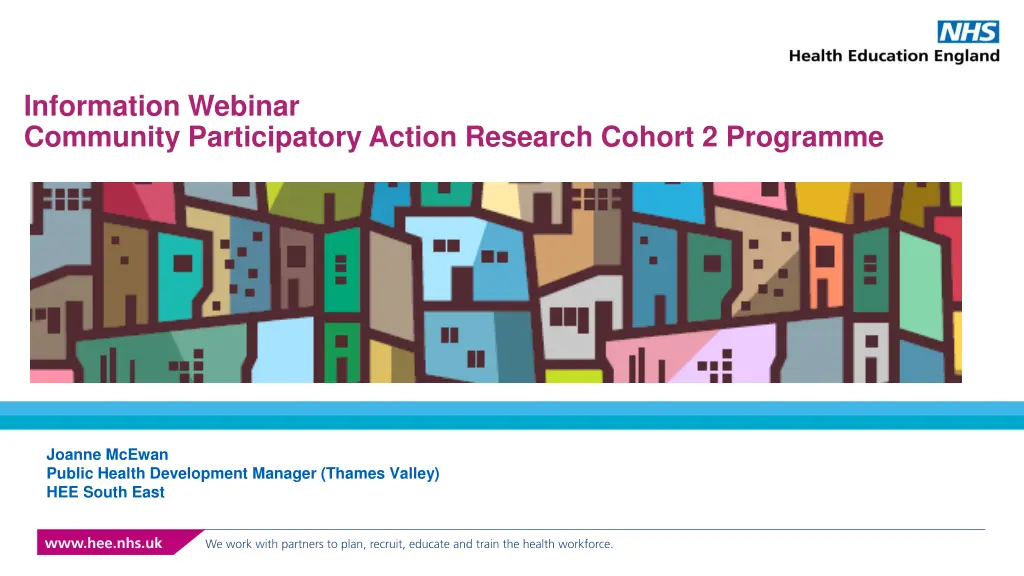
Community Participatory Action Research Cohort 2 Programme Highlights
Explore the impact of Community Participatory Action Research Cohort 2 Programme led by Joanne McEwan, a Public Health Development Manager. Discover the key principles, importance, and focus on addressing health inequalities at the source through collaboration and inclusivity. Learn how the programme aims to support marginalized communities in the South East by tackling the cost-of-living crisis and promoting health equity.
Download Presentation

Please find below an Image/Link to download the presentation.
The content on the website is provided AS IS for your information and personal use only. It may not be sold, licensed, or shared on other websites without obtaining consent from the author. If you encounter any issues during the download, it is possible that the publisher has removed the file from their server.
You are allowed to download the files provided on this website for personal or commercial use, subject to the condition that they are used lawfully. All files are the property of their respective owners.
The content on the website is provided AS IS for your information and personal use only. It may not be sold, licensed, or shared on other websites without obtaining consent from the author.
E N D
Presentation Transcript
Information Webinar Community Participatory Action Research Cohort 2 Programme Joanne McEwan Public Health Development Manager (Thames Valley) HEE South East
Why Community Participatory Action Research? What we did Trained and mentored 35 community researchers in SE Thinking and working differently in response to a national document working directly with community organisations delivering training and mentoring on how to do community research co-productive training and mentoring on community participatory action research where communities set the agenda on health needs and the research required community researchers linked with strategic partners to enable the outcomes of research Commissioned Scottish Community Development Centre delivered training and mentoring supporting community participatory research, in which researchers and community stakeholders engage as equal partners . @NHS_HealthEdEng
Key principles of project Valuingthe researchers worth - Payments for researchers valued, not another volunteer workforce Co-production from the start developing recruitment processes, training programme Collaboration - broad membership of steering group Community led freedom to choose their research/set priorities Inclusion recruitment of those genuinely connected to communities, inclusion specialist on panel, ensuring representation at all levels. Learning from the communities acknowledging we are not the experts, flexible and accommodating @NHS_HealthEdEng
Why is this important? Address health inequalities at the source As the focus will be the cost-of-living crisis for marginalised communities, the programme will adopt the following policy levers: incorporating an Equality delivery system and working in partnership with communities. @NHS_HealthEdEng
CPAR 2 Programme What is the focus? Cost of living crisis Health inequalities Who will it affect? Marginalised communities in the South East What will it impact? Support health and care leaders in shaping their priorities and service for marginalised communities. Image from: www.iwa.wales/agenda/2023/02/taking-a-public-health-approach-to-the-cost-of-living-crisis/ @NHS_HealthEdEng
CPAR Programme Offer Training and mentoring for community researchers Funding to pay Community Researchers: up to 15 hours per week for 12 months Up to 3 researchers per organisation Support to host organisations Enabling strategic links for action Host organisation forum listen and make changes as necessary Researchers network support networking CPAR Showcase @NHS_HealthEdEng
David Allan Scottish Community Development Centre @NHS_HealthEdEng
Applying to CPAR 2 Completing the application Not an academic research - not looking for jargon, or theories Who can apply? Genuinely connected with communities Role of the host organisation Managing payments Recruiting researchers Technology and equipment Supporting your researchers @NHS_HealthEdEng
Selection Process Recruitment panel Criteria for selection Working with marginalised communities where health inequalities are experienced as a result of the cost of living crisis Strong and enduring relationship with the communities affected Organisation support and logistics Fits with organisation aims, objectives and values @NHS_HealthEdEng
Dr Ester Oenga University of Reading @NHS_HealthEdEng
Application timeline Applications open 13 March 2023 20 March, 12:00 - 13:00 CPAR Webinar 28 March, 12:00 - 13:00 CPAR Q&A drop-in sessions 5 April, 12:00 - 13:00 13 April 2023 noon Applications close 20 April 2023 Panel approval & applicants informed of outcome Training &Mentoring programme starting date (detailed training dates to be confirmed, see appendix 2) Week commencing 22 May 2023 10 May 2024 Research projects completed 24 - 28 June 2024 Showcase event @NHS_HealthEdEng
Q&A @NHS_HealthEdEng
Important links HEE website Dedicated page which includes CPAR evaluation from cohort 1 Contact: PublicHealthSchools.SE@hee.nhs.uk @NHS_HealthEdEng

